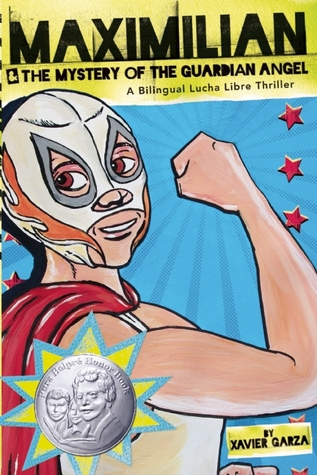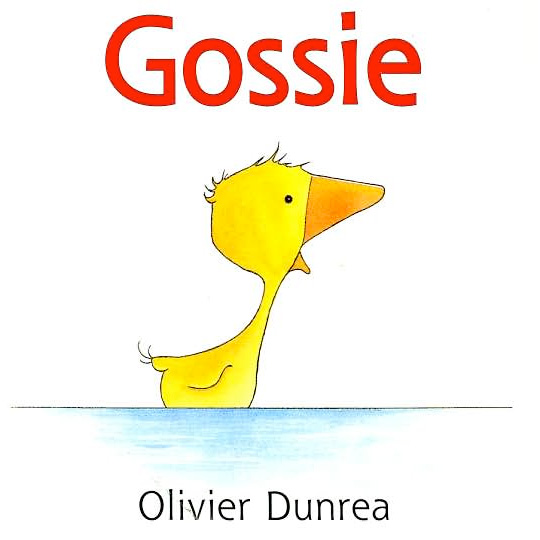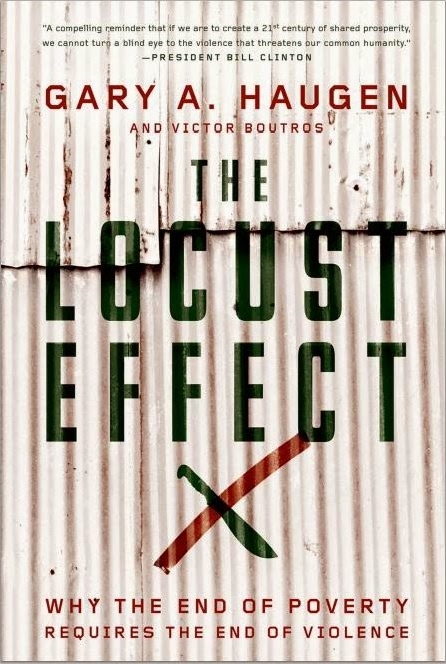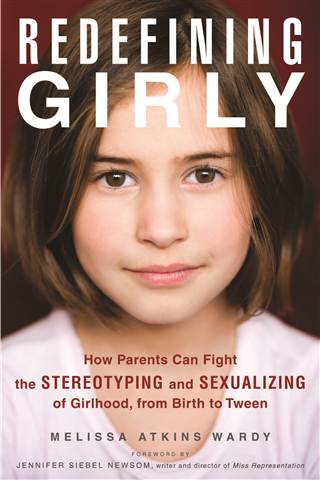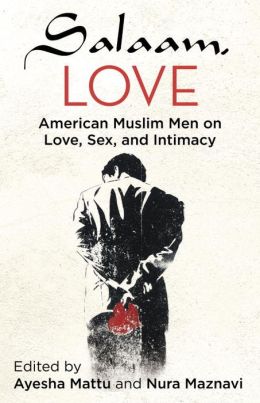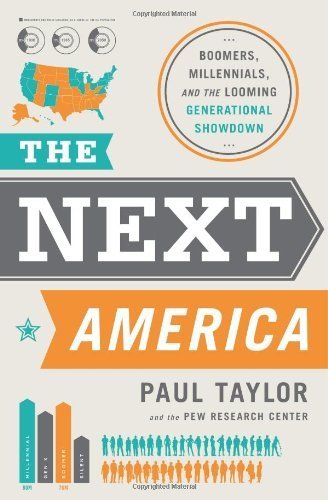A Texas school board superintendent has banned this month's selection for the Black Lives Matter in Bloomington-Normal Book Club.
"Hope that makes you more eager to read The Hate U Give and come out and discuss it with us on Monday, Jan 29, at the Bloomington Public Library at 7 p.m.," said Marie-Susanne Langille, a Heartland Community College instructor and book club coordinator.
The young adult novel, by author Angie Thomas, spent a remarkable 38 weeks at the top of the New York Times’ best-seller list this year and is currently being made into a feature film starring Amandla Stenberg. Inspired by the Black Lives Matter movement and the 2009 shooting of Oscar Grant, the book was released in February to massive praise, including an unprecedented eight starred reviews.
But in the city of Katy, Texas, one parent was unimpressed by Thomas’s frank portrayal of her teenage characters — and Katy Independent School District superintendent Lance Hindt appears to have flouted his district’s own policies to pull the book from shelves. The complaint dates to November 6, 2017, at a board meeting for the district; in a recording on the district website, a man who identifies himself as Anthony Downs holds a copy of The Hate U Give and says, “I did read some of the pages. I read 13 pages, and was very appalled.”
The novel follows 16-year-old Starr Carter, who moves between the poor neighborhood where she lives and the fancy suburban prep school she attends. The uneasy balance between these worlds is shattered when Starr witnesses the fatal shooting of her childhood best friend Khalil at the hands of a police officer. Khalil was unarmed.
Soon afterward, his death becomes a national headline. Some are calling him a thug, maybe even a drug dealer and a gangbanger. Protesters are taking to the streets in Khalil’s name. Some cops and the local drug lord try to intimidate Starr and her family.
Downs’s complaint centers on the book’s discussion of drug use and explicit language — and in the video, the school board president can be heard promising that the district’s textbook review committee would look into the situation. Had they done so, a panel of educators and administrators would have been required to read and consider the novel in its entirety before determining whether to keep it in the collection — which, it’s worth noting, already includes plenty of books that contain frank depictions of drug use (Go Ask Alice, Crank), racism (Dear Martin, All American Boys), and sexuality (Two Boys Kissing, Looking for Alaska). But some time in the intervening two weeks, Hindt reportedly made the unilateral decision to skip the review process and ban the book district-wide.
“There’s a specific policy, and it’s clear that they did not follow it, that the superintendent made a unilateral decision,” said James LaRue, director of the American Library Association Office for Intellectual Freedom (OIF). “The school board has great latitude and superintendents do as well, but skipping over your own policy is something for which they should be held accountable.”
According to LaRue, those concerns are shared by librarians in the Katy school district, 19 of whom signed a letter protesting Hindt’s decision to pull the book. But despite both internal pushback and an ongoing outcry on Twitter, where Thomas began tweeting about the ban last Thursday evening, no explanation from the superintendent’s office has been forthcoming. Hindt did not respond to multiple requests for comment, which sources within the district say has been par for the course internally as well. One employee said most teachers are “saddened” by both the censorship and the superintendent’s silent treatment.
“We feel that it’s just a missed opportunity for our students to be able to have an open discussion about something that is a reality — about something that many of our students and even our faculty face,” she said. “I bought the book on my own, and we’re trying to reach out to the superintendent just to start an open dialogue. We’re not trying to demean his decision, but start a conversation.”
It remains to be seen whether Hindt’s decision will stand in the face of both internal pressure and external challenges, including the looming possibility that it runs afoul of the First Amendment. As LaRue explained, “This has gone all the way up to the Supreme Court — you can’t remove a book just because you don’t like the perspective. And what we see in the [OIF] is that people use the excuse of vulgarity to suppress the ideas being talked about.”
In the meantime, however, the ban is still in place — at the expense of any teens who might have hoped to find Thomas’s book in any of the schools’ libraries. As of Monday morning, the libraries of all 25 of Katy Independent School District’s junior high or high schools had been stripped of their copies of The Hate U Give. And while booklovers on Twitter have mobilized to flood the area’s local public libraries with additional copies, they may not be able to keep up with demand; the waiting list for the next available copy in the Harris County Public Library system is currently ten-people deep.








